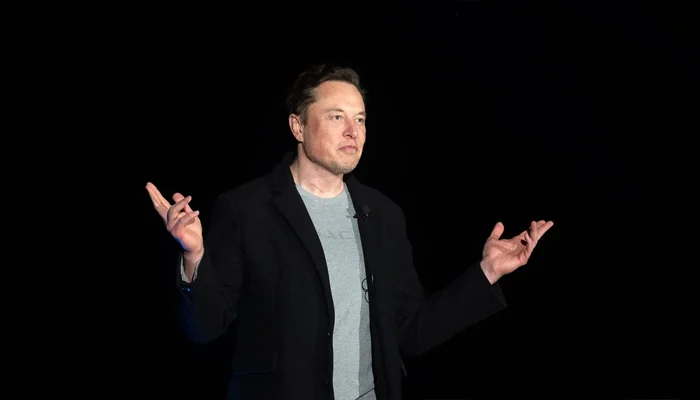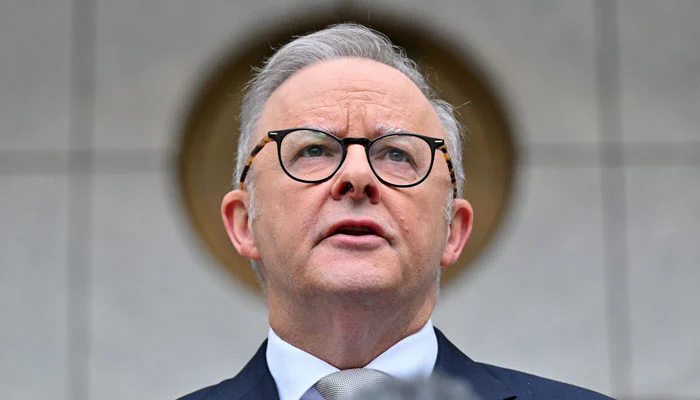The much-awaited biography of US tech billionaire and CEO of SpaceX Elon Musk painted the picture of the mogul as a person who is highly obsessed with the idea of human life on planet Mars and an individual who has a “demon mode”, making him highly productive.
“Elon Musk” is written by renowned biographer Walter Isaacson, a former editor-in-chief of Time magazine. He is best known for books about Apple founder Steve Jobs as well as his looks into the lives of Albert Einstein and Leonardo da Vinci.
The book is set to be released Tuesday however, some of the US media were given access to the 600-page long book with excerpts published in recent days.
Hours before its release on Amazon, advance orders had made “Elon Musk” the site’s best-selling book in the US, according to AFP.
Much of Elon Musk’s early life is already well known, with attention focused on his abusive and manipulative father Errol, whom Musk despises.
The book proposes that Musk is driven by what his former partner Grimes calls the “demon mode”, which, according to Walter Isaacson, makes him highly productive and is common among overachievers.
Many of the account’s unknown nuggets come from a more recent period when Isaacson shadowed his subject with fly-on-the-wall access into his everyday life.
A widely reported passage recounts how Musk personally scuttled a plan by the Ukrainian military to carry out a major operation in Crimea by denying Starlink internet access, drawing a furious response from Kyiv.
But Isaacson was forced to walk back his description of the episode after Musk tweeted that the Starlink access was not yet up and running in Crimea at the time of his decision.
Musk’s chaotic and impulse-driven takeover of Twitter — now renamed X — also gets a lot of attention, with the 52-year-old billionaire seen as struggling to recognise that technology and sheer willpower will not create miracles.
Another recurring theme in Isaacson’s telling is Musk’s vindictive tendencies toward doubters and critics.
Elon Musk dislikes criticism
After acquiring Twitter late last year, Musk and his closest lieutenants combed through email and social media and immediately fired dozens of employees who had criticised the new owner. Eventually, two-thirds of the 7,500-strong staff would be axed.
In another episode, Musk defied warnings and with the help of a small team moved critical servers out of a Sacramento data center to cut costs, which led to a series of major outages.
He also refused to join forces with Bill Gates on charity endeavours because the Microsoft founder had bet against the success of Tesla on the stock market.
The book also says that Elon Musk, who frets about depopulation, now has 10 children, including a previously unknown child with on-and-off-again partner Grimes.
He has also fathered twins as a sperm donor with Shivon Zilis, an executive at Musk-owned company Neuralink.
Reviews of the book have been mixed, with the Washington Post praising the reporting but disappointed that Isaacson “prioritised revealing anecdotes and behind-the-scenes reportage over a sophisticated critical lens.”
Influential US tech pundit Kara Swisher said the book told the story of a “sad and smart son (who) slowly morphs into the mentally abusive father he abhors.”
“Often right, sometimes wrong, petty jerk always,” Swisher said of Musk’s portrayal in the book.




